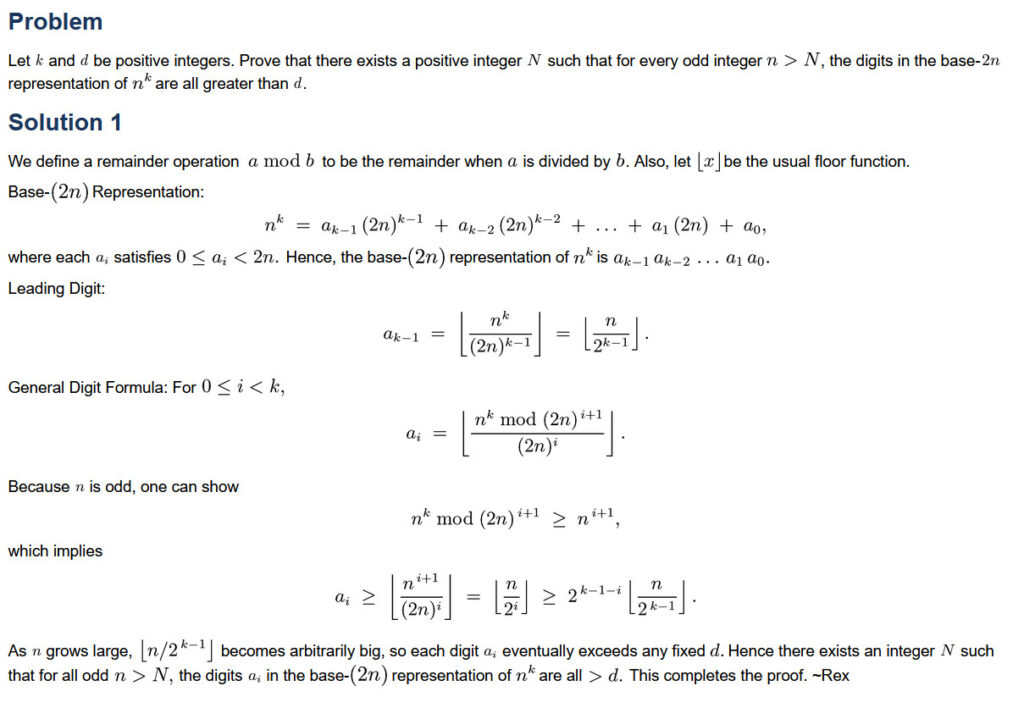Introduction to the Dispute
OpenAI has launched a legal counteroffensive against one of its co-founders, Elon Musk, and his competing AI venture, xAI. In court documents filed recently, OpenAI accuses Musk of orchestrating a “relentless” and “malicious” campaign designed to “take down OpenAI” after he left the organisation years ago.
Background of the Dispute
The court filing, submitted to the US District Court for the Northern District of California, alleges Musk could not tolerate OpenAI’s success after he had “abandoned and declared [it] doomed.” OpenAI is now seeking legal remedies, including an injunction to stop Musk’s alleged “unlawful and unfair action” and compensation for damages already caused.
Origin Story of OpenAI and the Departure of Elon Musk
The legal documents recount OpenAI’s origins in 2015, stemming from an idea discussed by current CEO Sam Altman and President Greg Brockman to create an AI lab focused on developing artificial general intelligence (AGI) – AI capable of outperforming humans – for the “benefit of all humanity.” Musk was involved in the launch, serving on the initial non-profit board and pledging $1 billion in donations. However, the relationship fractured. OpenAI claims that between 2017 and 2018, Musk’s demands for “absolute control” of the enterprise – or its potential absorption into Tesla – were rebuffed by Altman, Brockman, and then-Chief Scientist Ilya Sutskever.
Restructuring, Success, and Musk’s Alleged Malicious Campaign
Facing escalating costs for computing power and talent retention, OpenAI restructured and created a “capped-profit” entity in 2019 to attract investment while remaining controlled by the non-profit board and bound by its mission. OpenAI highlights its subsequent breakthroughs – including GPT-3, ChatGPT, and GPT-4 – achieved massive public adoption and critical acclaim. These successes, OpenAI emphasises, were made after the departure of Elon Musk and allegedly spurred his antagonism. The filing details a chronology of alleged actions by Elon Musk aimed at harming OpenAI, including founding xAI, calling for a development moratorium on AI more advanced than GPT-4, making a “pretextual demand” for confidential OpenAI documents, launching public attacks on social media, filing lawsuits, and urging state Attorneys General to investigate OpenAI.
Allegations Against Elon Musk
OpenAI asserts two primary counterclaims against both Elon Musk and xAI: unfair competition and tortious interference with prospective economic advantage. They claim Musk’s actions have forced OpenAI to divert resources and expend funds, causing harm, and argue that his campaign threatens “irreparable harm” to their mission, governance, and crucial business relationships.
Conclusion
The counterclaims mark a dramatic escalation in the legal battle between the AI pioneer and its departed co-founder. With billions at stake and the future direction of AGI in the balance, this dispute is far from over. The outcome of this case will have significant implications for the development of artificial intelligence and the tech industry as a whole.
FAQs
-
What is the nature of the dispute between OpenAI and Elon Musk?
- The dispute revolves around allegations by OpenAI that Elon Musk, after leaving the organization, has been orchestrating a malicious campaign to undermine OpenAI’s success and gain an unfair advantage for his competing AI venture, xAI.
-
What are the main allegations against Elon Musk?
- The main allegations include founding a competing AI venture (xAI), calling for a development moratorium on advanced AI, making pretextual demands for confidential documents, launching public attacks, filing lawsuits, and urging regulatory investigations against OpenAI.
-
What legal remedies is OpenAI seeking?
- OpenAI is seeking an injunction to stop Musk’s alleged unlawful actions, compensation for damages, and asserting counterclaims of unfair competition and tortious interference with prospective economic advantage.
- What is the significance of this dispute?
- The dispute is significant because it involves the future direction of artificial general intelligence (AGI) development, with billions at stake, and could have profound implications for the tech industry and society.











